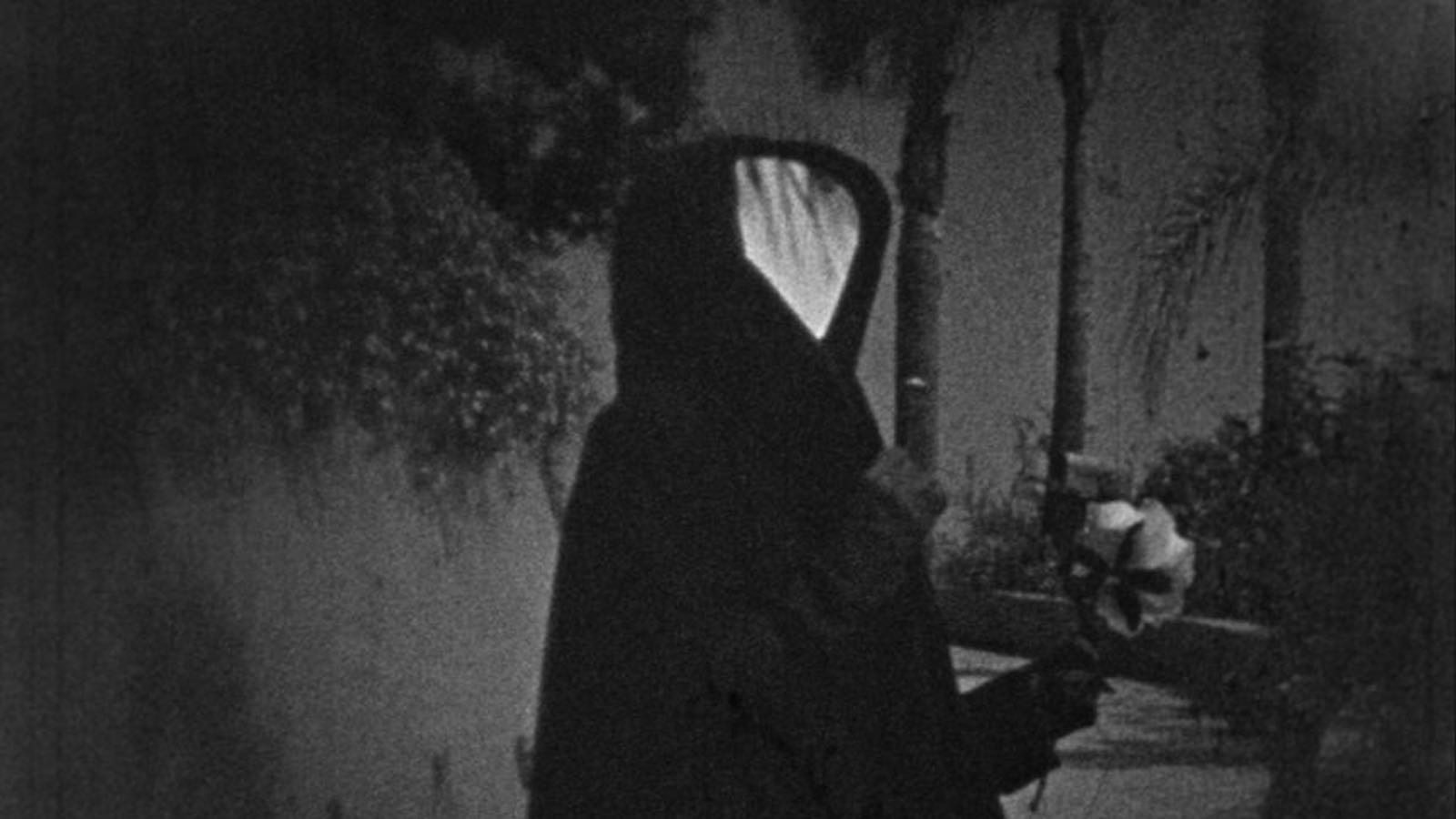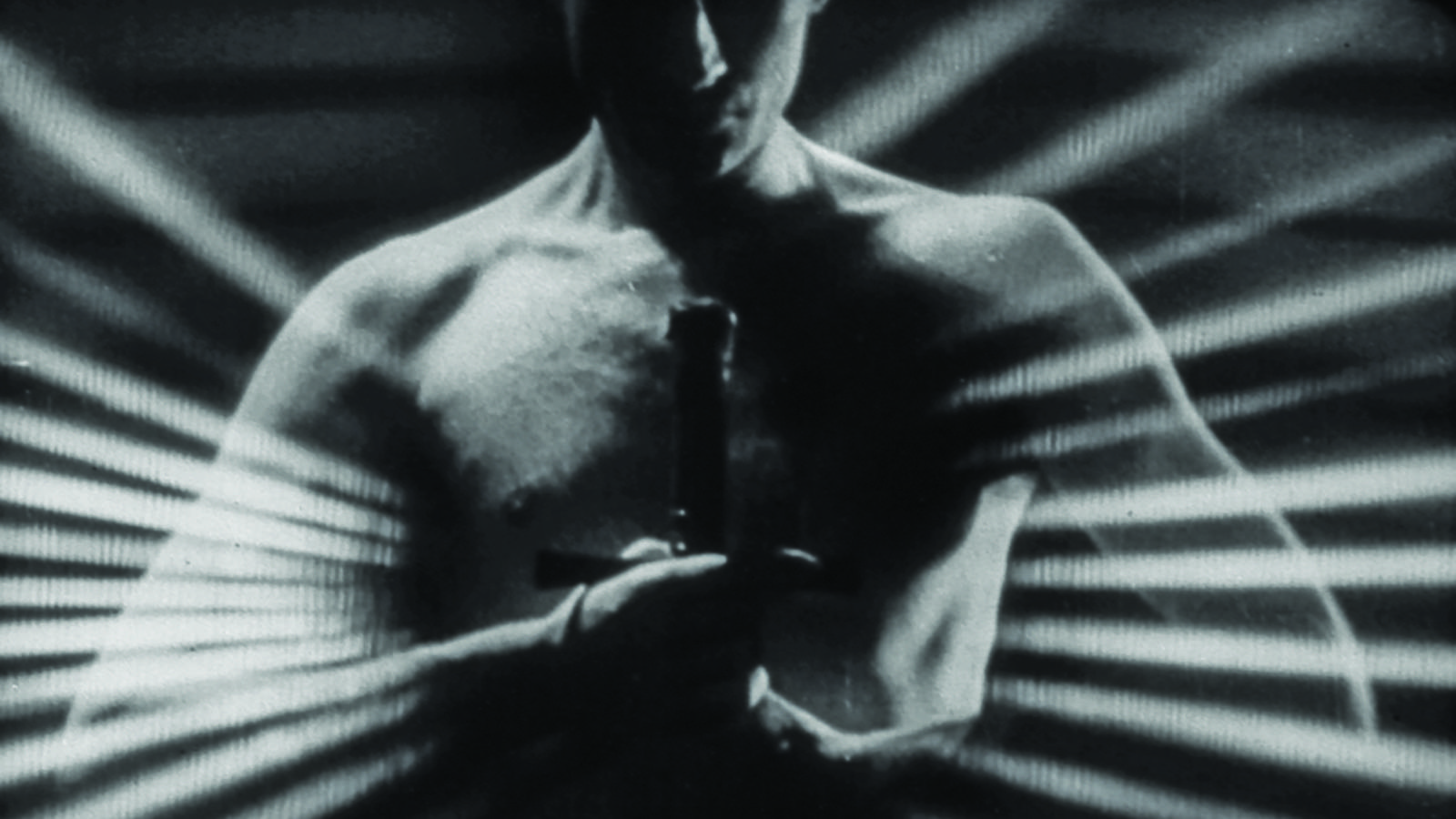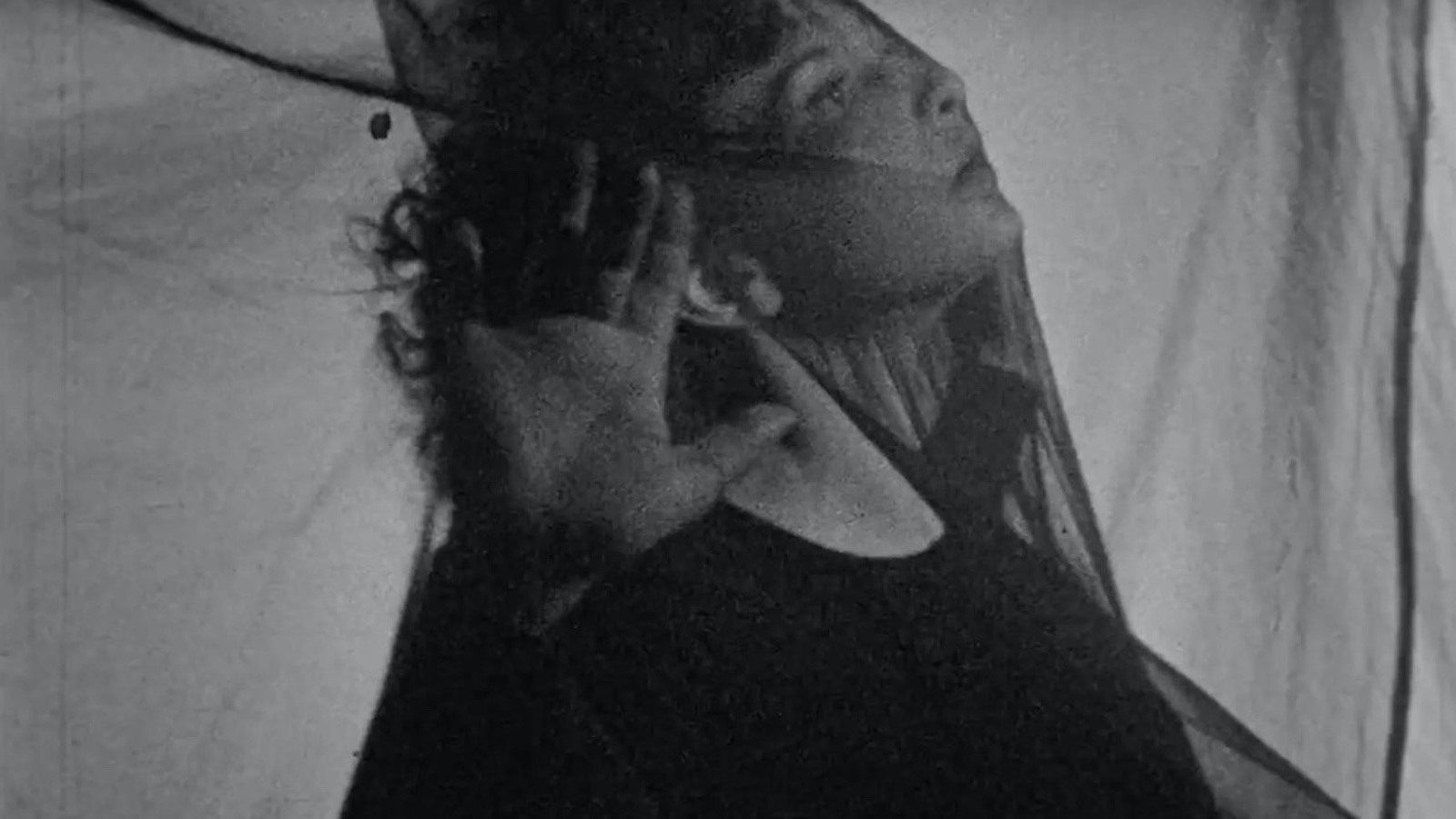Stay Updated
We're excited to keep you in the loop on all things Frameline (with no spam - ever!)


Planting Seeds: A New Prehistory
Planting Seeds highlights three seminal films from the avant-garde tradition which have directly influenced generations of queer film makers. Though made under very different circumstances, these films show an uncanny relationship to each other on a formal level. Through fragmentation, chiaroscuro lighting, and a symbolic use of gestures, objects, and space, these works point to a sort of excess which has become a hallmark in queer cinema.
While Meshes of the Afternoon contends with a woman's disequilibrium at an erotic, violent fantasy in her home, Lot in Sodom actually revels in a similar state in an exotic clime. As one critic wrote, "The townsfolk are luridly painted queens and handsome young men who all leap and writhe about as if in permanent sexual play." And Cocteau's Blood of a Poet is quite simply one of the most unforgettable films ever made.
Short films showing in this program:

The Blood of a Poet
One of cinema’s great experiments, this first installment of the Orphic Trilogy stretches the medium to its limits in an effort to capture the poet’s obsession with the struggle between the forces of life and death.

Lot in Sodom
Lot in Sodom is a sensual depiction of the Sodom and Gomorrah story filled with sinewy and semi-clad bodies, delirious bacchanals devoted to physical pleasure, and a searing, cataclysmic finale depicting the fall of a city devoted to sins of the flesh.

Meshes of the Afternoon
One of the most influential avant garde films of all time, Alexander Hammid and Maya Deren’s Meshes of the Afternoon stars Deren as a woman inside of a labyrinthine nightmare, inhabited by her double as well as a mysterious cloaked figure with the face of a mirror.
SF Cinematheque
Stay Updated
We're excited to keep you in the loop on all things Frameline (with no spam - ever!)